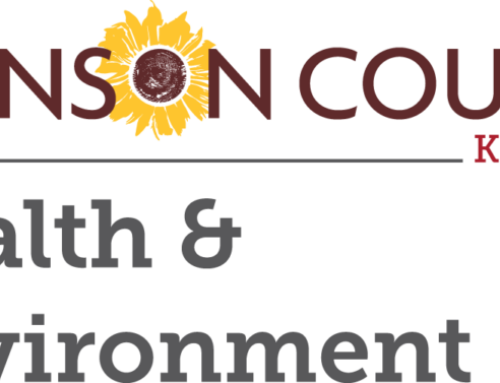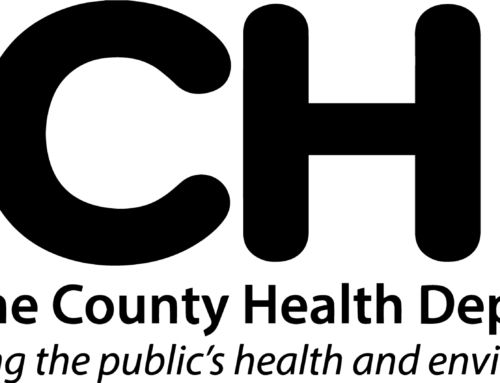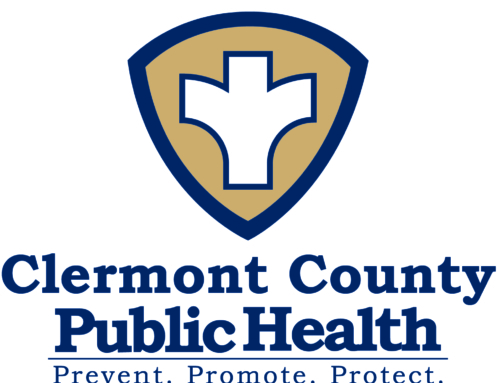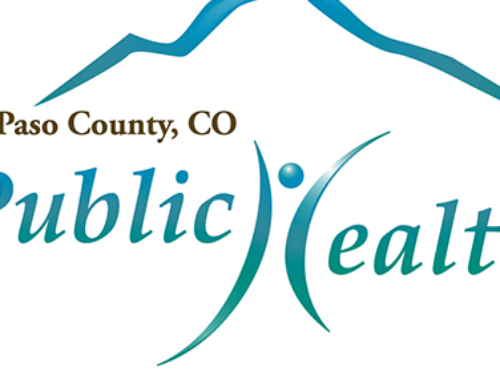Project Description
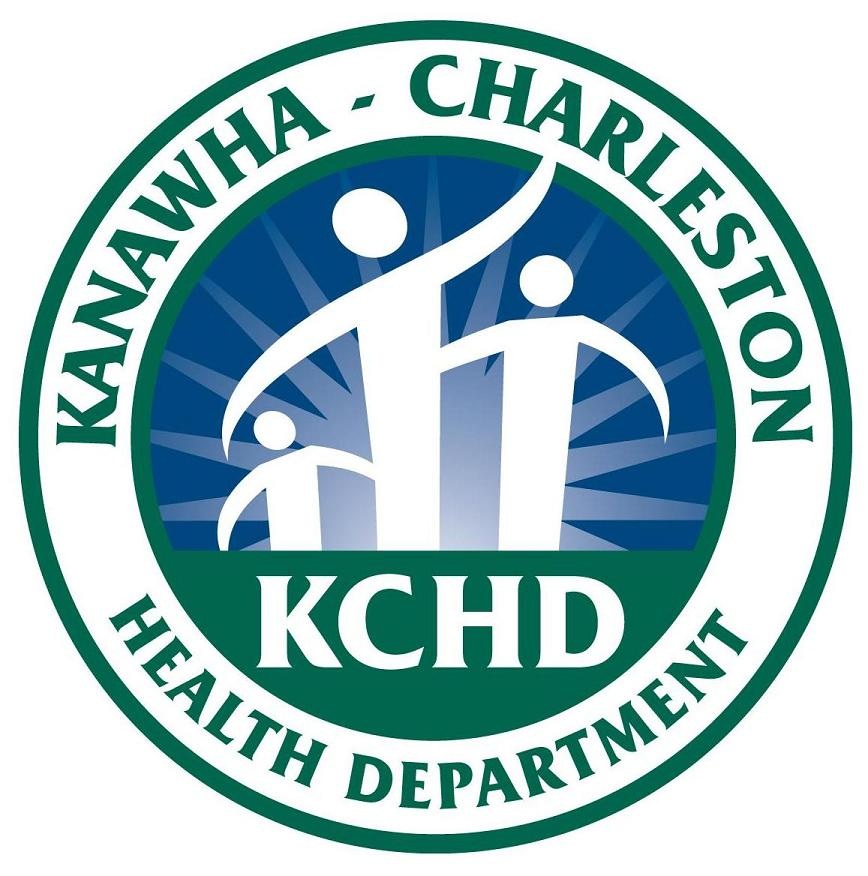
“By working through the accreditation process, we were able to recognize the wisdom and value of our people and translate that into a culture of continuous quality improvement, documenting our strengths and recognizing the things where we needed to improve.”
‘PHAB-a-Thons’ Helped Create a Culture of Continuous Quality Improvement at Kanawha-Charleston Health Department
By Michael R. Brumage, MD, MPH, FACP, FACPM
The pathway to accreditation was an incredible learning journey for us. While we focused on the domains, standards, and measures, it was an opportunity to learn from each other on all the things we did well and many things we could do better. Based on feedback we had from our customers and stakeholders, we learned, for instance, that we are a very good health department and a tremendous asset to the community. On the other hand, the processes we used were not as well documented as they should have been or could have been. They worked and were intuitive, but the institutional knowledge of our organization was embedded in the skills and memories of a few key personnel. By working through the accreditation process, we were able to recognize the wisdom and value of our people and translate that into a culture of continuous quality improvement, documenting our strengths and recognizing the things where we needed to improve.
Our busy schedules were a challenge to the accreditation process. As a result, we scheduled time monthly to meet for all-day “PHAB-a-Thons.” We worked as a team, at times alone, and then gathering together in scheduled and unscheduled meetings to be able to work through the standards and measures. The process allowed us a true reflection of the areas in which we were strong and areas where we saw weaknesses; and we saw surprises in both areas. As the process continued and we expanded the circle of people working on the different domains until it included all of our personnel, we could feel a sense of pride in the health department and could hear the language of accreditation spoken in meetings and hallway conversations. The concentration of the work of our accreditation efforts into the leadership group was itself a weakness and by broadening the scope to others in the health department, we saw how we hadn’t fully utilized the tremendously talented people we have. Every health department needs vision and strong leadership, but the strength resides in the culture and talent of the workforce. If that were the only benefit (and it wasn’t), then accreditation was worth the time and effort.
Kanawha-Charleston Health Department in Charleston, West Virginia, was awarded national accreditation through the Public Health Accreditation Board on November 15, 2016.
About the Author: Michael R. Brumage, MD, MPH, FACP, FACPM, is Michael R. Brumage, MD, MPH, FACP, FACPM, is Assistant Dean for Public Health Practice and Service at West Virginia University School of Public Health in Charleston, West Virginia. Contact him at [email protected].
